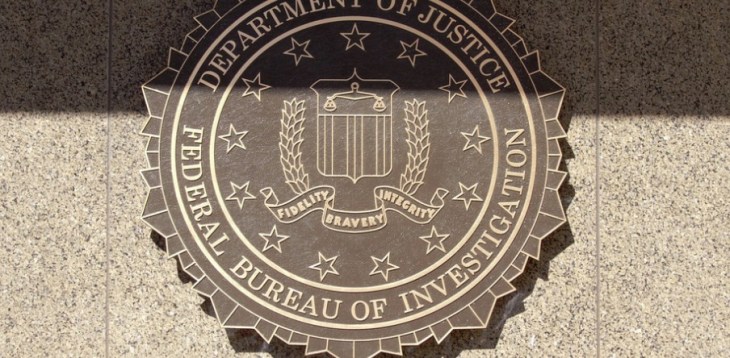According to a report in CNET today, the FBI wants to follow the NSA into broad surveillance of Internet data by forcing large telecommunications carriers to put in place what is described in the story as “eavesdropping technology.” Once installed, the technology would grant the FBI sweeping new powers to collect metadata on the Internet activities of American citizens.
At work here are so-called ‘pen register,’ and ‘trap and trace’ orders, under the legal authority of which metadata can be collected in real-time. And in large amounts. Getting one of the orders, according to CNET, is exceptionally easy. Trap and trace authority allows for the collection of metadata – but not content – of incoming communication, according to the U.S. Code of Laws. Pen register allows for the collection of phone numbers called from a particular line. If CNET is correct, and the authority given by the pen and track orders can be used to collect Internet metadata, we are seeing law intended for telephonic information bent to vacuum up different digital information. This is misuse of law.
Thus the two points fit together: The FBI forces the telecommunications companies to install the technology that it wants to use to track metadata, and then uses the pen register or trap and trace authority to collect as it pleases.
The metadata scope of what the FBI could collect under that connection of installed tech and legal authority could, in CNET’s view, include “IP addresses, e-mail addresses, identities of Facebook correspondents, Web sites visited, and possibly Internet search terms as well.”
CNET claims that carriers are fighting the installation of the FBI’s technology. This is to be encouraged. However, it is worth noting that there is strong precedent for their cooperation, perhaps the prime example of which is the infamous NSA room at the AT&T building in San Francisco. From that location, the NSA is widely believed to have full access to the fiber optic cables through which Internet traffic flows.
The report that the FBI is working to expand what I would call real-time collection of metadata from telecommunications companies is troubling in that it underscores how intent the various arms of the United States government are in their pursuance of more and more information concerning the private lives of its citizens. At the same time, the revelation, if borne out, is not a surprise.
In this case, however, we lack a set of documents to corroborate the current allegations, so we’ll refrain from stating that the full CNET report is correct in every aspect. CNET, in its work to better the public understanding of government surveillance, has had to issue certain retractions following coverage that was in some ways misleading.
A growing question out of the NSA leaks, and now the allegation that the FBI wants to get deeper into this game is the definition of metadata, and the simple truth that your metadata might be my content. The rules that separate the two feel flimsy, and not fully formed.
Top Image Credit: Cliff
